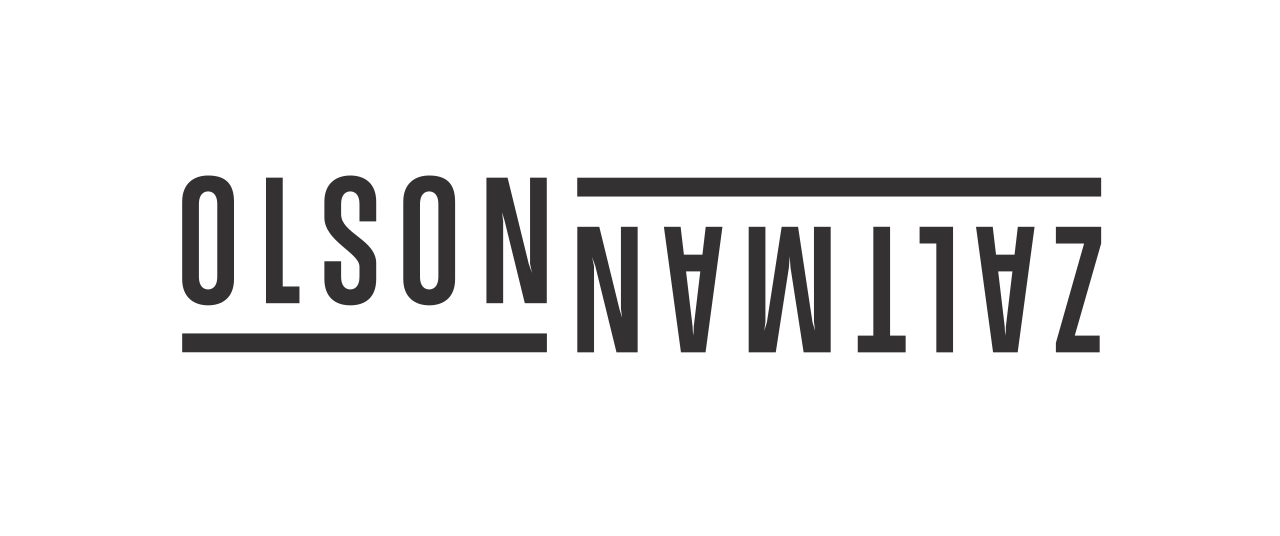Mama
Image: Matt Hoffman/Unsplash
I just discovered this 2015 Longreads article that remains relevant from a linguistic perspective. It is called “The Rise of ‘Mama’” and explores the phenomenon of upper-middle class white women who increasingly refer to themselves as “Mama” rather than “Mom,” “Mother” or “Mommy.”
To summarize the more interesting points:
As one mother says, “Mommy infantilizes me and mom makes me feel like the mother of a teenager, but mama makes me feel like a pioneer who bakes her own bread wearing an apron and is otherwise capable and timeless.” In other words, the term “mama” rebrands the role of the mother.
Paternal units generally don’t care what they are called. “Father” is old-fashioned…but still acceptable. Dad or Daddy are both fine. There is also no term called “fathering” like there is “mothering.” The author argues, “This is because they are often referred to, and therefore considered, as people separate from their relational roles.”
“Mama” is a term that, in some ways, has been appropriated from African American culture, where it has been a term of respect and reverence for generations. (In fact, the US Surgeon General recently got in some trouble for using this term to reach out to people of color about the dangers of COVID-19.)
Ironically, the author suggests that “Mama” may not be a sign of progress, given the increased and impossible pressure women feel to be the “perfect” mother.
Our clients often discuss the need to understand the meaning of motherhood in society, and this essay raises a number of related topics that still seem relevant today.

